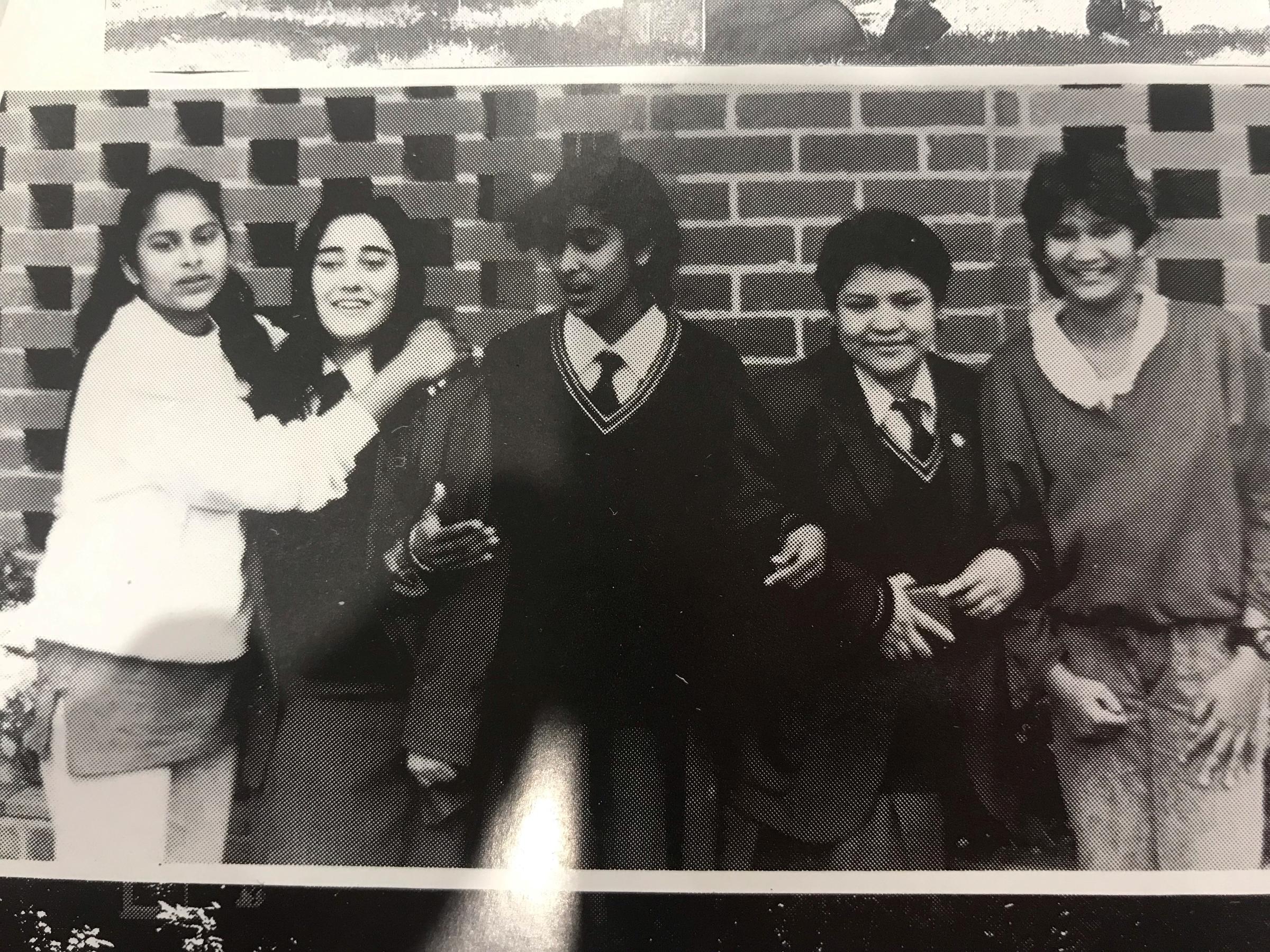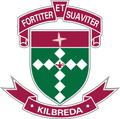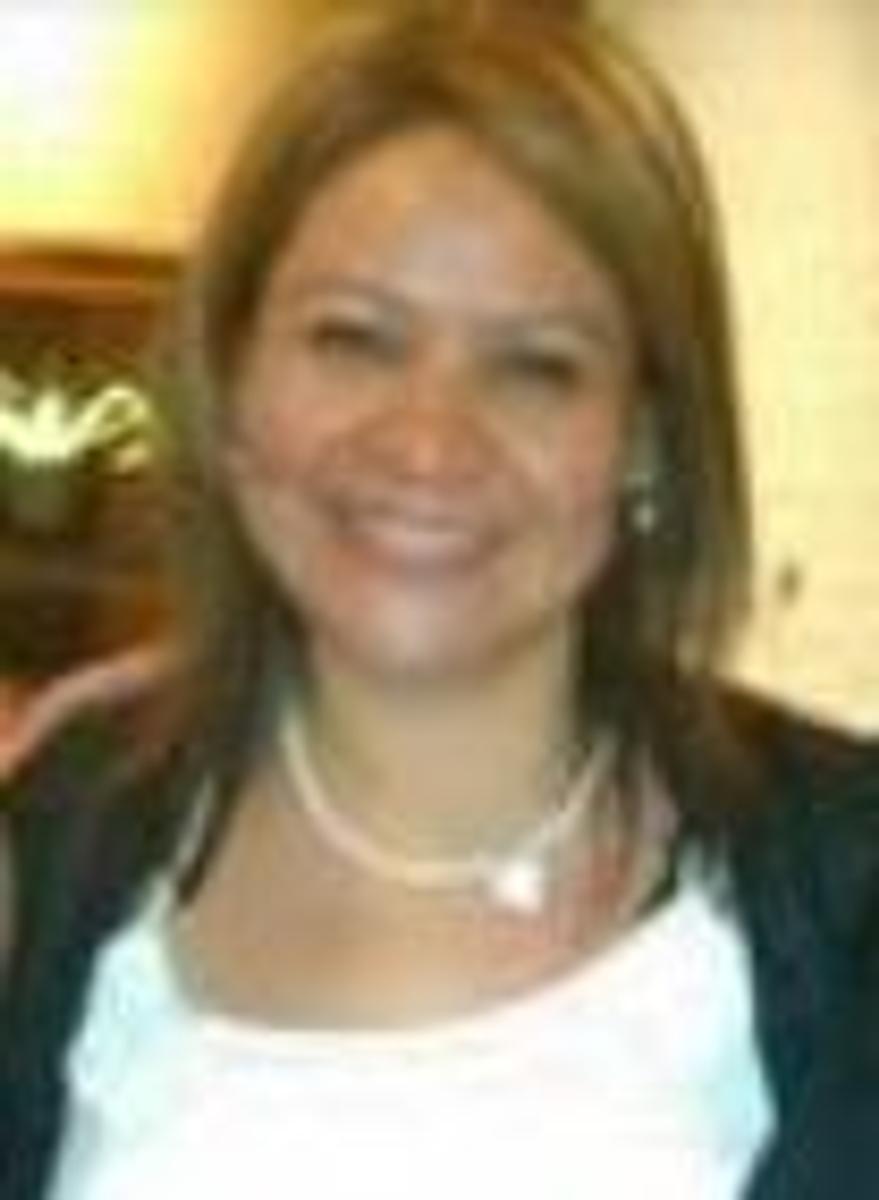Archives

I came to Kilbreda as a teacher of French and English as a Second Language. I had previously worked with many new arrivals at Kuranda Language Centre in Prahran, where one class was made up of students from about 20 different backgrounds, which was a challenge. Here at Kilbreda, though, my first students came from two families, the Ho sisters Joy and Yvonne and the four Tiong sisters, Ivy, twins Corina and Christina, and Maria, all of whom were capable students and made such excellent progress, that the work of Joy and Yvonne was used as the A+ sample by VCAA the following year.
No challenge here, I thought. When I read in the newspaper of an El Salvadoran mother and her seven children, who had fled El Salvador, spending two years in a cave in the hills, I thought, “Now, that would be a challenge!”
In my first few days at Kilbreda, I was called to Sr Mary’s office, where the smiling face of Angela Acosta, her mother and sister greeted me. This was the start of at least a four-year association with the family. Angela was still school age and it was decided that she would start in Year 10 and over the next few years managed to learn a lot of English and make many friends before graduating at the age of about 21. Our staff office at that point was what is now Room 18 on the Colonnade and I shared that room with 29 colleagues. We even had two computers which were used by most people for playing a fascinating new game – solitaire! Some of us could even make the cards dance!
A regular visitor to the door during free periods, lunchtimes and recesses, was Angela asking for me with her trademark “Mr Smeeeeth!” I have often retold her story to students in the 25 years since, telling them that she was possibly the happiest student I have ever taught, despite the horrors she had encountered before making it to the safety of Kilbreda. Angela’s mother, Carmen, had escaped to neighbouring Costa Rica with seven of her ten children, her husband and the three eldest children missing, presumed dead. Ten years before arriving here, their ordeal had begun, in the early hours, when the furious barking of their dog and the sound of machine gun fire on the neighbouring farm, alerted them to the approach of government soldiers. During the storming of the farm, Angela’s grandmother, aunt and nine cousins were killed. Mr Acosta, a politician seen as an enemy of the established government, drew the troops away from his family who were hiding in the hills and was not seen again.
Relying on fruit from the trees and wheat from nearby fields, they were finally discovered by the Red Cross, who cared for the family who were starving and ill. The Red Cross helped them escape to Costa Rica, where the threat of being sent back arose.
Only after arrival in Australia did they finally learn that the missing children had changed their names and were safe, being reunited with their siblings and mother here in Australia, after more than a decade of separation. Mr Acosta remained in El Salvador and Angela, years later, sent him an article from the Herald Sun telling her story as a spokesperson for Amnesty International, a movement which was embraced by her many friends at Kilbreda.
I hadn’t spoken to Angela for many years, but, last time I heard she was married with children, living and working as a nurse in Frankston. I recently made contact to find she is still nursing, now associated with Austin Health and working at the Royal Melbourne Hospital. Her mother, Mrs Carmen Acosta, died in May 2019.
“I spoke little English when I came to Kilbreda. I remember the teachers as so welcoming and encouraging. They knew I was struggling with English, but they talked to me, they were patient with me, they were caring, the environment was supportive. We came from a country at war where life was difficult for us with its uncertainty and despair. Kilbreda was a safe haven. I was secure there.”
Damian Smith
Archives
Interview with Carmen and Angela Acosta 2002


